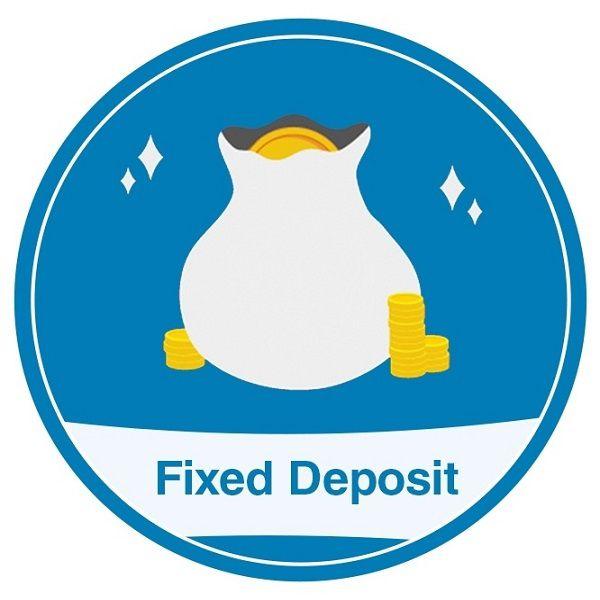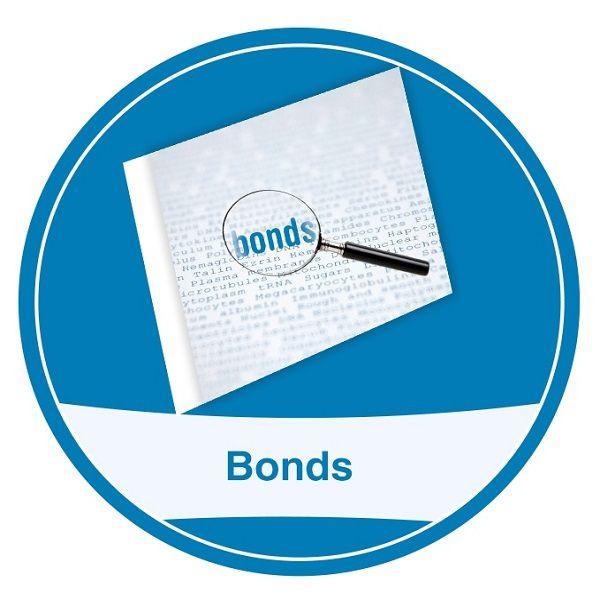
MUTUAL FUND
Whether you are a new investor or a veteran, a conservative investor, or someone who is ready to take risks, we can help you create a portfolio of mutual fund schemes where you can get reasonably high returns, greater liquidity, and tax efficiencies at low risk.
A mutual fund allows investors to pool money with a common investment objective. It then invests the money in various asset classes based on the scheme's objectives. As an investor, you put your money in financial assets like stock, bonds, and other securities.
What is a Mutual Fund? How do I choose which Mutual Fund and in which scheme to invest in?
A mutual fund is a pool of money from numerous investors who wish to save and or make money. Investing in a mutual fund is a lot easier than buying and selling individual stocks and bonds, especially for those investors who do not have much time in their hands nor the keenness to actively trade. Also, units or shares of a mutual fund can be sold at any time. Investment is always done with an objective in mind. If your objective is long-term, then equity funds are best suited for you and if you have short-term goals then money market and debt funds are suggested. Also, a lot depends on your risk appetite. After this one needs to choose the fund house in which to invest, for this it is very important to find out the process with which it investments the funds it has the custody off, the performance of their fund and their track record and the loads and recurring expenses that the fund house charges it’s investors. This can be done by reading the Key Information and Scheme Information Document of the fund house and the scheme. However, it is recommended that you contact us for you to begin your journey which should be guided and focussed on every need/goal of life.
What are the benefits of investing in Mutual Funds?
Some benefits of investing in mutual funds are: Mutual Funds are owned collectively but managed professionally by investment advisors called fund managers who are authorized to direct and allocate the fund’s investments as per the fund’s objective, such as long term growth, high current income, or stability of principal. Tasked with the job of understanding the market and its volatility on a regular basis, a fund manager is better equipped to track the market than a regular individual.
-
Risk is considerably reduced in Mutual Funds as the schemes invest in a diverse range of financial products.
-
Mutual Fund Investments can be redeemed at their Net Asset Value on any working day, thereby making them highly liquid investments.
-
Mutual Fund Investments give their investors the flexibility of investing and withdrawing the funds as per their convenience by providing features like SIPs and Dividend Investment Plans.
-
Mutual Funds are subjected to SEBI guidelines and therefore the interest of investors is well protected.
What is a Systematic Investment Plan (SIP)?
SIP is an investment option offered by mutual funds to investors, allowing them to invest a small sum of money at regular intervals instead of a lump sum, over a period of time. The intervals for investing in SIPs are usually monthly or quarterly. This is a good way of saving and accumulating wealth. The minimum amount of SIP allowed is Rs. 500/- per month.
What is Net Asset Value (NAV)?
NAV is the value per share of a mutual fund on a specific date or time. It is the per-unit market value of the fund. It is calculated by dividing the total value of all the assets in a portfolio, minus all its liabilities. Net Asset Value per share = Net Asset Value (Total Assets – Intangible Assets – Liabilities) / Total Outstanding Shares.
What is a Switch? How is it different from Purchase or Redemption?
Moving either the whole or part of the existing investment from one mutual fund scheme to another mutual fund scheme within the same fund house is called the Switching of a Mutual Fund. The switch is possible within different schemes and or options of the same AMC.
-
Example: You have an existing investment in Nippon Regular Savings Fund – Growth Option and want to invest in Nippon Equity Opportunities Fund – Dividend Payout Option. You can fill out the switch form and your exit from Nippon Regular Savings Fund- Growth Option, known as Switch Out is treated as a redemption. However, the funds are not credited into your account instead, they are automatically used to purchase equivalent units of Nippon Equity Opportunities Fund – Dividend Payout Option, known as Switch In.
However, the same process can be done through our Online Platform where no physical form is needed.
Can Non-Resident Indians invest in Mutual Funds?
Non-Resident Indians can invest in Mutual Funds in India. However, there are certain restrictions for citizens of the U.S.A and Canada. Read More
FINANCIAL SERVICES
Contact us about anything related to our company or services. We'll do our best to get back to you as soon as possible.





